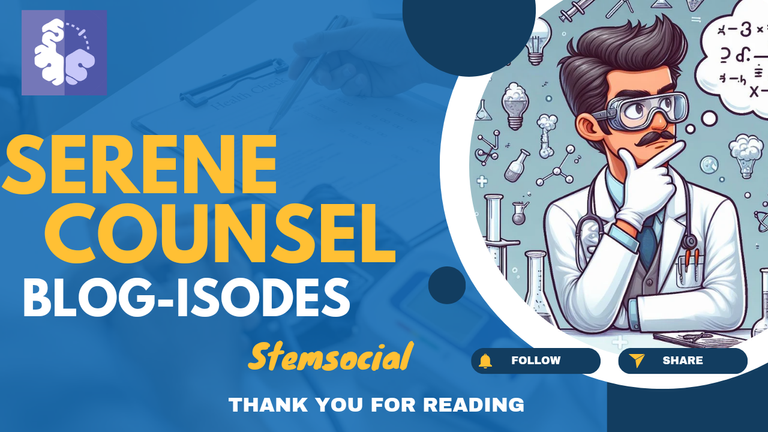Let's Explore our Memory: We Don't Always Forget.
The fact that there is forgetting, as we've seen in our previous blog-isodes, doesn't mean that it always occurs. Our memory doesn't always fail, even after very long time intervals.

Some evidence was provided by Harry Bahrick, a psychologist who studied the long - term retention of materials in semantic memory. Bahrick was interested in what people remember from what they learned in school.
So what did he do?
He gave a Spanish reading comprehension test to nearly 800 subjects who had studied Spanish either in high school or in college for three or four years.
They were tested at intervals that ranged from one week to fifty years since their last Spanish course.
The results showed that quite a bit is forgotten in the first two or three years after learning. But after this, the test performance levels off until much later in life, where aging effects probably account for the bulk of the later memory loss.
Basically, students who got an A did better than those who got a C, even after fifty years.
The important finding is that some fraction of what had been learned originally remained intact without any further forgetting.
In Bahrick's terms, these memories vocabulary items, idioms, bits of grammar - moved into what he called a permastore.
The semantic memory of an adult contains a wealth of information that remains fixed over time. We always remember what normal words mean, and the laws of arithmetic, as well as some other pieces of knowledge. This is due to the fact that such materials are highly practice-dependent and are deeply ingrained in our brains. On one hand, it might be because these things and hopefully much more we learn at school have intrinsic arrangements with them that prevent their being forgotten.
Bahrick's findings concerned semantic memory.
Are there some episodic memories that are also essentially immune to forgetting?
According to Roger Brown and James Kulik, certain unexpected and emotionally important events produce flashbulb memories, which are extremely vivid and essentially permanent.
They believe that such memories are like a photograph that preserves the scene when a flashbulb is fired.
Some of the events that trigger the flash may be private and personal , such as an early morning telephone call that tells of a parent's death.
Others may involve news of powerful national import such as the assassination of President Kennedy or the space shuttle disaster.
Brown and Kulik found that most people recall where they were at the time they learned of President Kennedy's assassination and also what they did, who told them, and so on.
On the face of it, these detailed memories are surprising. That a president's assassination is an important and memorable event is obvious, but why should so many Americans recall the humdrum circumstances in which they personally found themselves at the time, such as
" the weather was cloudy and gray , " or " I was carrying a carton of Viceroy cigarettes which I dropped? "
Interesting Right 🤔
According to Brown and Kulik, the reason is that such surprising and emotionally powerful events set off a mental flashbulb that preserves the entire scene along with perfectly mundane and unremarkable details.
The flashbulb hypothesis has been the subject of considerable debate. The main issue is whether such memories are really created by a special mechanism that fixes the circumstances of the moment with a special " flashbulb " clarity.
The best guess is that such a special mechanism does not exist.
To begin with, there is some debate about the accuracy of these memories; they may be vivid, but that does not mean that they are fully correct.
In addition, much of what was remembered may have been rehearsed in subsequent conversations with others.
But if so, what was entered in memory did not depend on a hypothetical flashbulb set off in the head. All in all, there is good reason to doubt the existence of a special flashbulb mechanism.
A question remains.
Even if some aspects of the flashbulb memories are inaccurate, a surprising amount of detail is still preserved.
Why would one recall such trivia as the state of the weather or a dropped carton of cigarettes? 🤷
According to Ulric Neisser,a German Psychologist, the reason is that vivid and emotionally arousing public events, may serve to connect the time course of the world at large with our own private lifeline.
Most of us see little relation between our own personal history and the history of the world at large. We define our past and present by crucial points in our own biography: say, graduating from college, getting married, catching and recovering from pneumonia .

We sometimes include ourselves in the lives of millions of others by showing how our own stories fit into them. As Neisser puts it: “ … these are places where we put our life stories beside history and say ‘I was there’”.
The Bus Stops Here for today:
Thank you, friends, for staying with me through these blogisodes. Your thoughts and opinions are always welcome and appreciated. I'd be happy to hear them. We will build on this in tomorrow's blogisode. Until then, stay safe, friends.

References and Links:
https://dictionary.apa.org/permastore
https://www.simplypsychology.org/semantic-memory.html
https://unacademy.com/content/upsc/study-material/psychology/theories-of-forgetting/
https://www.verywellmind.com/forgetting-about-psychology-2795034
Thanks for your contribution to the STEMsocial community. Feel free to join us on discord to get to know the rest of us!
Please consider delegating to the @stemsocial account (85% of the curation rewards are returned).
Thanks for including @stemsocial as a beneficiary, which gives you stronger support.